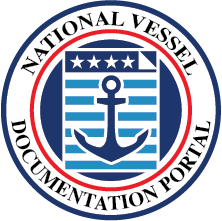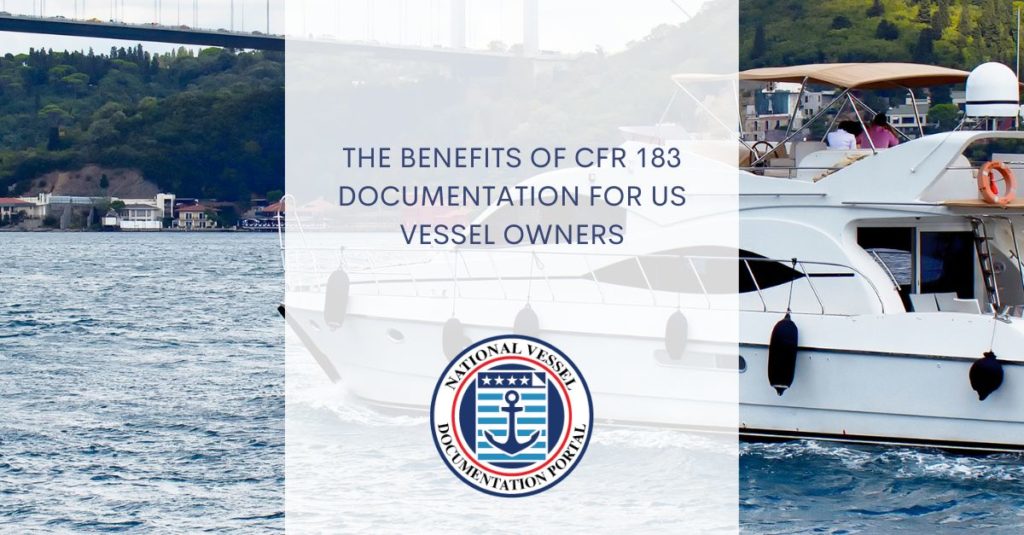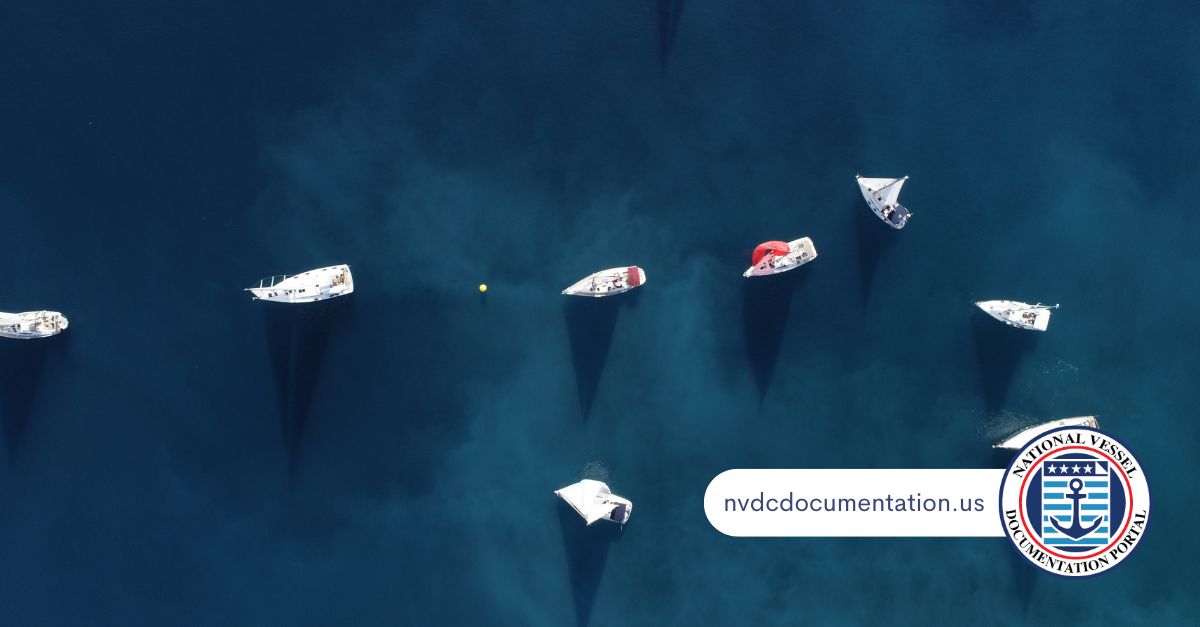As a ship owner in the United States, you should know the advantages of CFR 183 documentation. Such paperwork may facilitate trade between the United States and other countries. The word “jurisdiction” describes the boundaries of an administrative body’s authority to make and uphold the law.
Historically, the federal government and the various states in the United States had shared authority over boats that operated inside their boundaries. State law continues to apply in some contexts, like the registration of ships and the licensing of vessel owners, despite Congress having enacted legislation that grants greater power to federal agencies and less to state governments.
This shift in jurisdiction may need clarification for small enterprises operating in one nation that must deal with taxes or licensing in another. CFR Part 183, for example, specifies what kinds of paperwork ships plying US waters must carry. There are several advantages that ship owners may reap if they comply with CFR Part 183.
Reduced Liability Exposure
The advantages of obtaining CFR 183 documentation for your vessel may vary depending on its intended use, but in most cases, they are uniform. The most significant gain is less risk to the ship’s owner and crew members in the event of an accident.
Many business boat owners take the time to get this document because they know how much more difficult it would be to seek financial compensation in the event of an accident without it. You may build trust and recognition for your company by providing evidence that complies with CFR 183.
Advertisers may be sure that they are following the letter of the law if they include this statement in their promotional materials. To determine whether or not your boat requires commercial vessel registration, you should consult the US Coast Guard’s Vessel Documentation website or get in touch with a local office.
Simplified Operations
There are techniques to make using a vessel, for instance, less of a bother. One option is the Small Vessel Register (CFR 183) in the United States. Many advantages to your company’s smooth and lawful operation are made possible by this document. There’s no need to dive into how this paperwork works with the IRS.
It would help if you realized several benefits available to you that will reduce your workload and increase your efficiency. If you have less paper, you may save money on file storage. Activities unrelated to business, like fishing, won’t need to be reported.
Having to fill out and submit fewer documents annually can free up valuable time and resources that can be used toward growing your firm. This is by no means a complete list of all the benefits your organization may reap from complying with CFR 183, but we hope it gives you a sense of the document’s potential usefulness.
With CFR 183 Documentation, You’ll get Mobile Document Storage and Access.
A well-organized file folder may not be the most advanced option for keeping track of business transactions, but it carries more weight than any digital alternative. However, a little bit of additional technology can make even the most excellent file folder better.
The US Coast Guard’s new documentation requirements may be found in regulation CFR 183. It’s convenient to have everything in one place, and it might be the best choice to consider if you’re looking for tried and reliable methods of organizing your CFR 183 documentation for your vessel. Even today, file cabinets have their uses, but they hardly qualify as cutting-edge.
It’s no secret that the government is constantly looking for ways to improve, and this paper is no different; it’s been written to make things as simple as possible for you. With CFR 183 documentation, you may save all your essential paperwork in one convenient place on your mobile device.
Proof of Ownership/Vessel Registration
If you’re a citizen of the United States who often travels, you know that registering a boat in the States may be a huge pain. There is a lot of bureaucracy and rules to follow, and it could be more inexpensive. If you’d rather not deal with the headaches of boat registration, you do have an option: vessel documentation under United States law. The “dual registration” it allows is a crucial safeguard in case your state registrations are ever compromised.
As long as your vessel is recorded following federal requirements, dual registration will still leave a paper trail. Many additional advantages, like privacy during the purchasing and selling of boats, increased ownership flexibility, and simplified intergenerational transfers, follow. Consider whether or not your and your crew’s future safety might be enhanced by installing such a shield on your ship.
If you’re an owner of a vessel that must be documented in the United States, you may have questions about how to do so. You may also be curious about the process and how it benefits your vessel. To get the answers to these questions and more, explore Vessel Documentation Online website.


